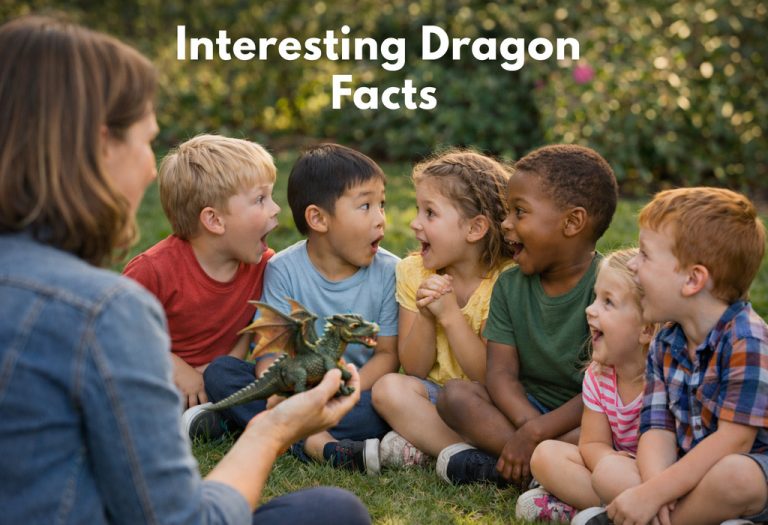Effective Tips to Take Care of a 6-month-old Baby

Your little bundle of joy is six months old, and it just seems like yesterday when you held him in your arms for the first time. It seems your little one has grown really fast, doesn’t it? And as parents, you want to do your best to help him continue to grow in a healthier way. So, what can you do to help your baby’s growth and development? Here in the following article, we shall discuss various tips about taking care of a 24-week-old baby. If you’re wondering how to take care of a 6-month-old baby, we have gathered some essential information to guide you through this exciting stage.
How to Take Care of Your 6-Month-Old Baby?

Here, we have some baby care tips for 6-month-old babies that will help you to take care of your little one.
1. Fulfil His Nutritional Requirements
One of the most important tips to take care of a six-month-old baby is to maintain a healthy diet. By six months, your baby is all set for solid foods because by this age, not only have his body’s nutritional demands increased, but his developing digestive system is ready for solid foods too. Also, your breast milk may not be enough to fulfil his iron requirements, which is very important for your baby’s growth, and thus feeding fortified cereals will be a good idea. You can also give him pureed fruits. However, let milk be the main source of nutrition for him. You can continue to breastfeed or formula-feed him until he turns one year of age or longer. But it will be a good idea to start giving fluids in a sipper cup to your baby once in a while.
2. Create a Sleep Schedule
Sleep is very important for the healthy growth of your baby. Make sure he takes two to three naps in a day and sleeps for almost 10 hours at night. It is recommended that you follow a sleep schedule for your baby and try to put him to bed almost at the same time every day. Ensure there are no distractions in the room, and you create a calm and peaceful environment for him. Babies at this age become quite aware of their surroundings and may get easily distracted.
3. Help Promote Your Baby’s Development
Your little one is very active by the time he turns six months. He might be able to roll, sit with support, or babble a few words. He may feel wary of strangers and maybe comfortable around people he sees on a regular basis. All these developmental changes may make your baby little demanding. It is very important for you as parents to keep your calm and meet and tend to your baby’s requirements. It may get a bit daunting, and it is recommended that you may ask for help from family members and friends.
4. Help Ease His Pain When He Starts Teething
By six months of age, your baby might start teething, and this can be a difficult time for him, as his gums may feel itchy, and he may drool all the time. He will start to put things in his mouth, too. It is suggested that you get good teething toys for him and make sure you keep them clean. Massaging your baby’s gums is a good way of relieving any discomfort due to teething.
5. Help Him Communicate
Your baby is well aware of his surroundings by this age, though he may not talk or understand much. It is very important that you talk, sing, and read to him. You can play games such as peek-a-boo, read a book with bigger and brighter pictures or simply sing a lullaby to him. Your baby will listen to you and try to communicate as well, which will contribute to his vocabulary development.
6. Get Him Vaccinated for His Good Health and Well-Being
At 6 months, your baby will be administered some vaccinations. Consulting a paediatrician is strictly recommended to check for the doses. Here are some vaccines that could possibly need to be administered.
- Oral Poliovirus Vaccines (OPV) – Although OPV 1, OPV 2 and OPV 3 vaccinations are given at 6 weeks, 10 weeks, and 14 weeks, respectively, if any of them are missed, they can be given now. Furthermore, OPV is also given at 6 months, irrespective of previous or missed doses.
- Pentavalent Vaccines – Pentavalent 1, 2, and 3 are also given at 6 weeks, 10 weeks, and 14 weeks, respectively. However, if any of these doses have been missed, they can be given until your child is 1 year old. If any of these were missed, 6 months is a good time to accommodate one of these doses with a paediatrician’s guidance.
Source: https://main.mohfw.gov.in/sites/default/files/245453521061489663873.pdf
It is advisable to go for a combined vaccine in comparison to single shots. Or, you may even spread the doses over the weeks with your paediatrician’s guidance. Your baby may feel irritable and cranky after the vaccination, or in some cases, may even run a fever. The injection may cause swelling or redness. You may give cold compressions to ease pain and discomfort.
FAQs
1. What are some ways to introduce my 6-month-old to different textures?
Introducing your baby to various textures can enhance their sensory development. You can provide a range of textured toys, such as rubber, cloth, and wooden objects. Additionally, letting your baby touch different household items like a soft blanket, a bumpy ball, or a smooth spoon under supervision can make this experience more enriching.
2. How can I ensure my 6-month-old gets enough stimulation without overwhelming them?
To ensure your baby receives adequate stimulation without feeling overwhelmed, it is important to create a balanced routine. Incorporate short, interactive play sessions with plenty of downtime. Observe your baby’s cues for when they seem tired or overstimulated and provide a calm environment with minimal distractions during these times.
3. What are some effective ways to introduce my 6-month-old to solid foods?
Introducing solid foods to your 6-month-old can be a smooth transition if done gradually. Start with single-ingredient purees like mashed bananas or steamed carrots. Allow your baby to explore new tastes and textures at their own pace, and always watch for any signs of allergies or sensitivities.
Here, we have discussed some common care tips that will help you to take care of your six-month-old baby. However, seek your doctor’s advice in case you feel your baby is lagging behind in achieving developmental milestones.
References/Resources:
1. Picky Eaters and What to Do; CDC; https://www.cdc.gov/nutrition/InfantandToddlerNutrition/foods-and-drinks/picky-eaters.html
2. Infant development: Milestones from 4 to 6 months; Mayo Clinic; https://www.mayoclinic.org/healthy-lifestyle/infant-and-toddler-health/in-depth/infant-development/art-20048178
3. Growth Spurts & Baby Growth Spurts; Cleveland Clinic; https://my.clevelandclinic.org/health/diseases/22070-growth-spurts
4. Data Table of Infant Weight-for-age Charts; CDC; https://www.cdc.gov/growthcharts/html_charts/wtageinf.htm
5. Vision Development: Newborn to 12 Months; American Academy of Ophthalmology; https://www.aao.org/eye-health/tips-prevention/baby-vision-development-first-year
6. Movement Milestones: Babies 4 to 7 Months; American Academy of Pediatrics; https://www.healthychildren.org/English/ages-stages/baby/Pages/Movement-4-to-7-Months.aspx
7. How Much and How Often to Breastfeed; CDC; https://www.cdc.gov/nutrition/infantandtoddlernutrition/breastfeeding/how-much-and-how-often.html
Also Read:
6 Months Old Baby Milestones
Developmental Activities for a 6 Month Old Baby
6 Month Old Baby Feeding Schedule, Recipes and Tips
Was This Article Helpful?
Parenting is a huge responsibility, for you as a caregiver, but also for us as a parenting content platform. We understand that and take our responsibility of creating credible content seriously. FirstCry Parenting articles are written and published only after extensive research using factually sound references to deliver quality content that is accurate, validated by experts, and completely reliable. To understand how we go about creating content that is credible, read our editorial policy here.









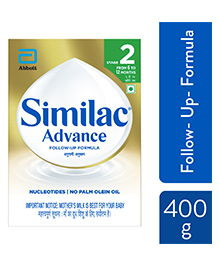
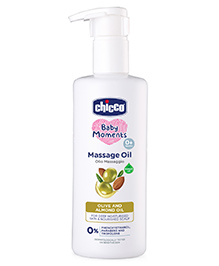

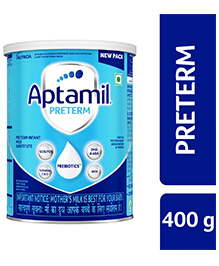
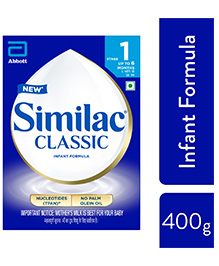
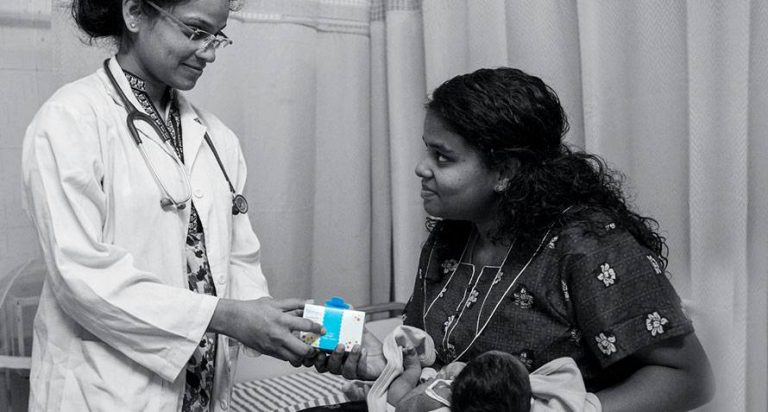



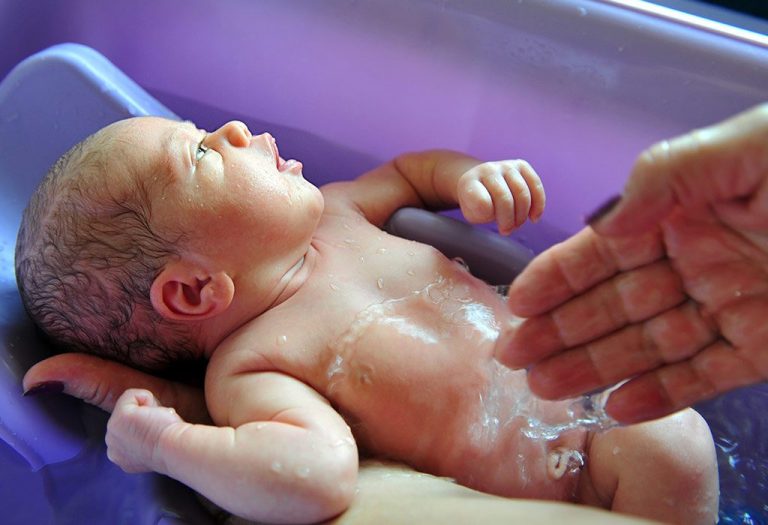


.svg)











